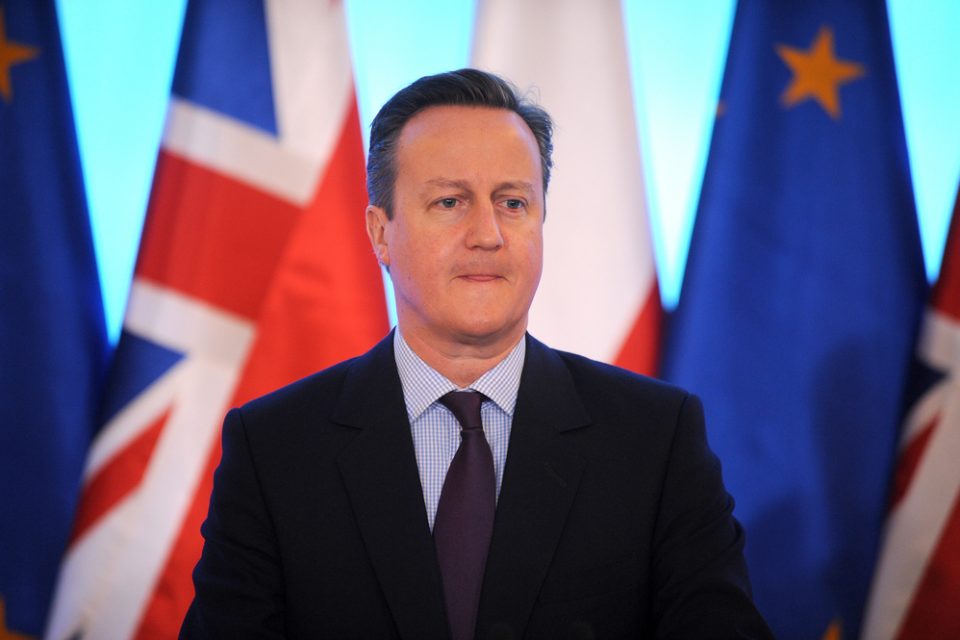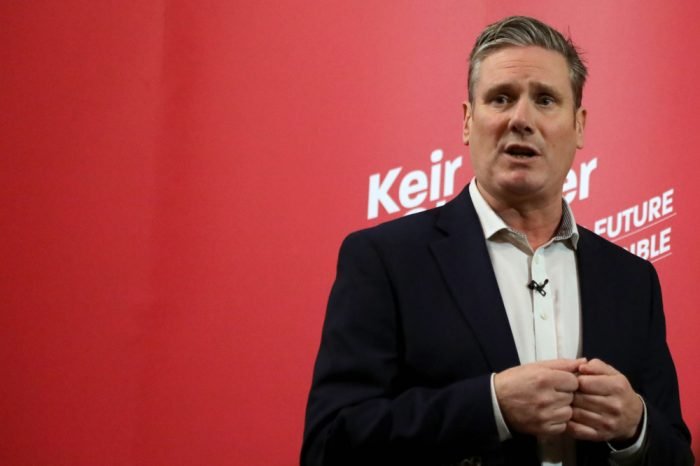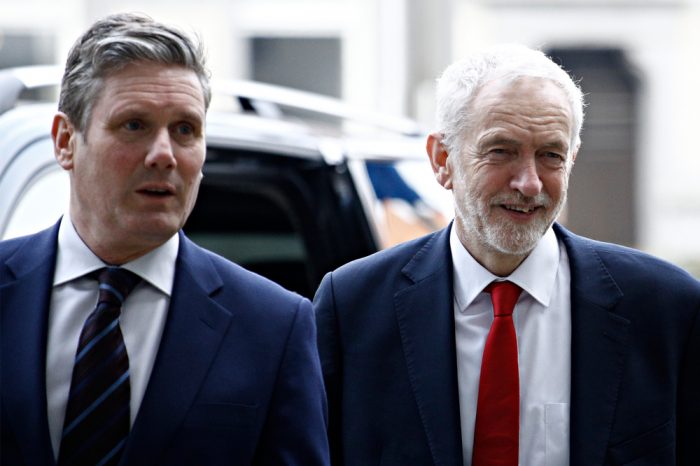Cameron in a spot of bother

The European Union Referendum Bill was finally published by Philip Hammond, the Foreign Secretary, on 28th May. If you wish to read it in full, click on the link here. David Cameron seems determined to rush it through the Commons as quickly as possible. It has already passed its second reading, with only 53 MPs voting against.
However, he is already facing some bother from his MPs over the technical details. The procedures for referendums have not been as well developed as, for instance, the rules governing elections, which have evolved over a period of centuries. It was only 40 years ago that the first referendum, on whether we should remain in the EU, was held.
The biggest challenges he is facing revolve around the concept of “purdah” – a 28-day period before the actual referendum when ministers and civil servants are unable to make official announcements. This reduces the opportunities for one side to rig the debate. It was first introduced in 2000 and banned the publication of promotional material by central and local government in the 28 days prior to the holding of a referendum. Hammond tried to argue that it would be “unworkable” to expect ministers not to explain where the national interest lay in the referendum campaign or to continue their day-to-day business with the EU. However, he was challenged in a superb speech by Owen Paterson MP, who has emerged as David Cameron’s most vocal critic since the election.
Cameron also got into a muddle about whether members of the Government would either have to support him in selling his renegotiation strategy or resign. At first it appeared that this was what he was saying, but according to several newspapers. he claimed that his statement had been “over-interpreted” and that he was just talking about ministers having to abide by collective responsibility during the negotiation process. Several prominent Tories, including Boris Johnson, have argued for flexibility. “It would be safer and more harmonious” to allow those with different views to articulate them, he said. Meanwhile, Graham Brady, who chairs the 1922 Committee of Tory backbenchers, said that, when the referendum campaign gets underway, “I would urge the Government to treat EU membership as a matter of conscience for front and backbenchers alike.”
A new grouping of Tory MPs has emerged which might further upset the Prime Minister. Led by Steve Baker, the MP for High Wycombe, Conservatives for Britain appears to belong to the “wait and see” camp that purports to support the renegotiations and will not declare their hand until they find out what deal Cameron has brought back. However it does appear that this group is setting the bar so high that there is no chance of their wish list being granted. Freedom to strike our own trade deals and the right of Parliament to throw out EU legislation will unquestionably be rejected by the other member states – not that Cameron has any intention of even bringing these subjects to the table.
What is clear is that Cameron’s desire to steamroller through a “yes” vote as quickly as he can is already causing cracks to appear in the solid wall of Tory unity that stood them in such good stead in the election campaign. At this stage, it is impossible to guess how many MPs will ultimately rebel and make a clear commitment to support withdrawal. They will certainly face great pressure from the whips, but we can but hope enough of them will put country before party to ensure that Cameron is unable to repeat Harold Wilson’s 1975 trick that he is clearly so wishing to emulate. He has clearly upset a good few of them already. Given that the general Election took place barely a month ago, this is a more promising start than many of us could have imagined.
As if that was not enbough, Labour has attacked him, not only over the “purdah” issue, but on his denial of the vote to 16- and 17-year 0lds. The SNP are also unhappy with the exclusion of 16- and 17-years olds as they were allowed ot vote in the Scottish independence referendum. The bill goes to the Committee stage next week. As Richard North argues, It is yet possible that an alliance between Labout, the SNP and those Tories unhappy with his steamroller tactics may inflict a defeat on the government, leaving Cameron’s strategy in tatters.








